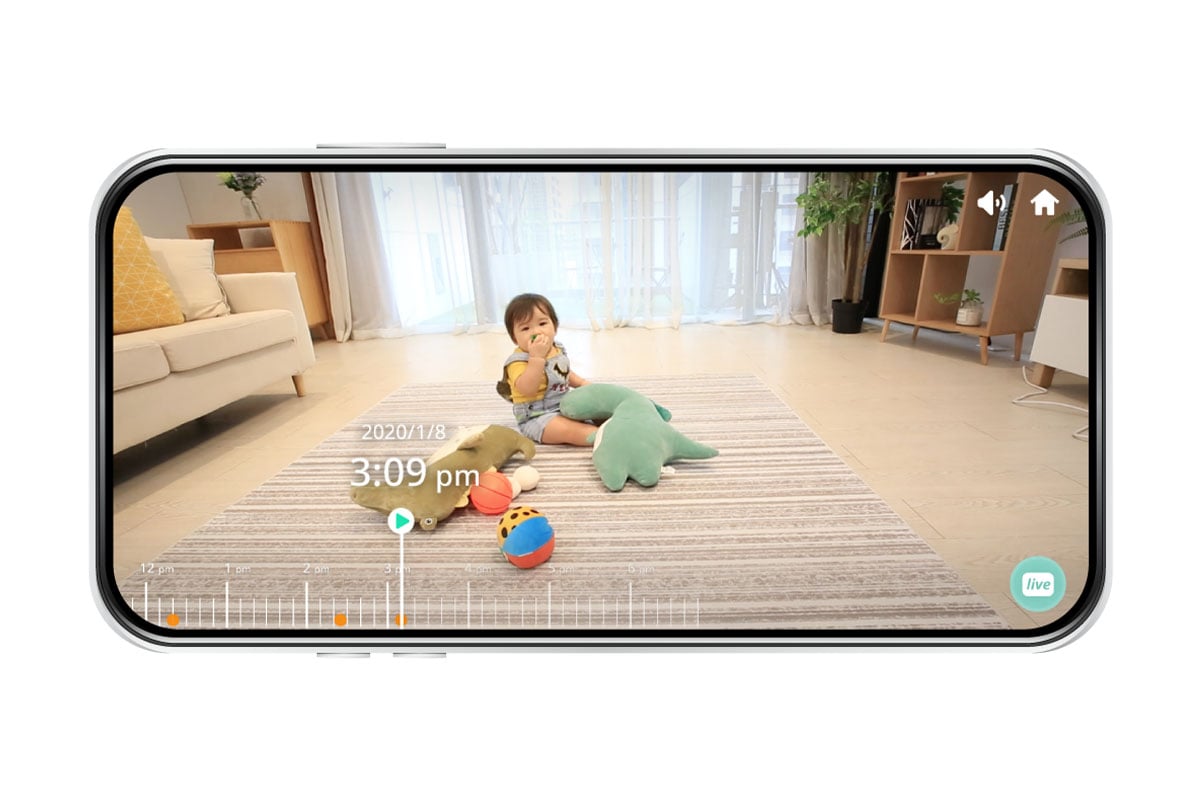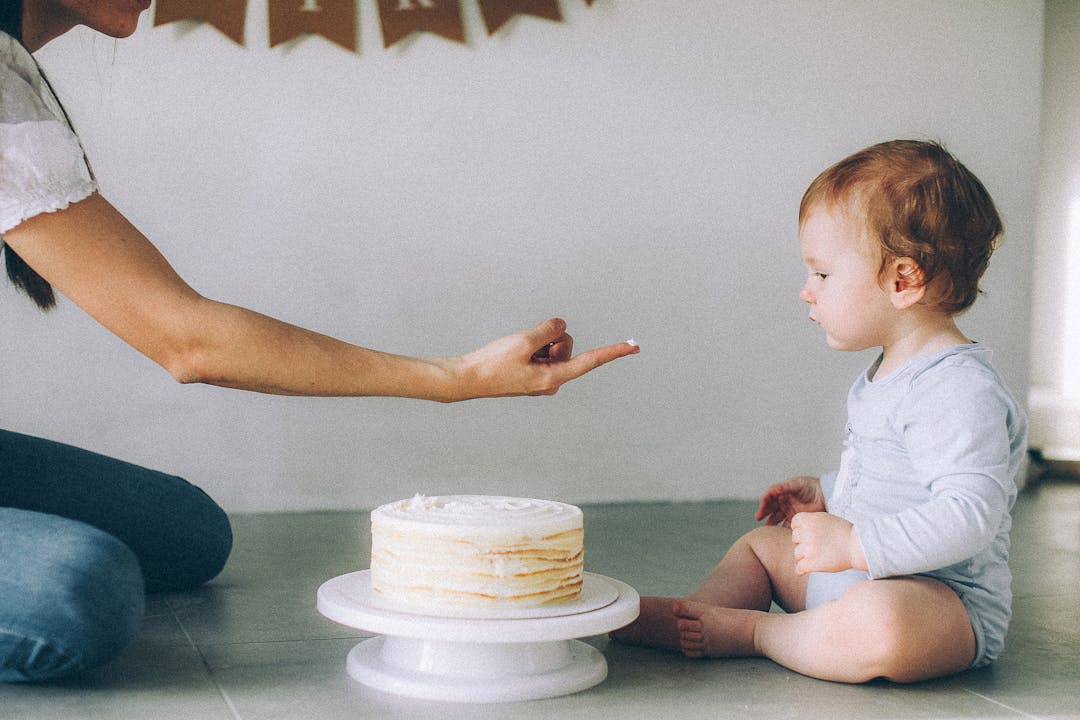For many mothers, the milestones in the first year of their child feel like it was over in a flash. One of the most exciting parts of your little one's life is sitting up, which opens up a brand new world of exploration and play for them. It's also great for you because mealtime becomes much easier and allows your baby to see things from a different perspective.
While it is one of the best milestones to look forward to, you may also have questions regarding this development stage. In this blog post, we'll be answering all of these questions while sharing everything you need to know during this wonderful time.
The Age When Babies Sit Up
Your baby may start sitting up as early as four months old, provided that you give him/her a bit of help to get into position. Learning how to sit independently is a skill that babies can fully grasp by the time they're 7 to 9 months old. Babies who are close to getting their milestones for sitting independently will usually be able to roll in both directions.
Some babies may even scoot back and forth and may look like they're getting ready to crawl. Other babies may also experiment by pushing themselves to a tripod position, where the baby may sit with the support of one or both of their hands on the floor.
Signs Your Baby May Be Ready to Sit
Once your baby gains good control over his/her head, their other body movements will also become more purposeful and controlled. A baby that's ready to sit will also be likely to push themselves up when they're lying face down and may have taught themselves to roll over. Furthermore, your baby may also start sitting for a few minutes at a time if you help them reach an upright position.
During these early stages, it's crucial to support your baby to prevent falling. It's also likely that your baby will hold their seated position before they're able to push themselves into a position by him/herself. But with enough practice, they will be able to gain the confidence and strength to sit up on their own.
Preparing Your Baby to Sit Up
 There are various ways in which you can help your baby sit up through trial and error. Start by staying close to your baby, and then support them by letting them experiment and explore with their body movements and various approaches to sitting up. To help foster their independence, spend more time on the floor with your baby in a sitting position.
There are various ways in which you can help your baby sit up through trial and error. Start by staying close to your baby, and then support them by letting them experiment and explore with their body movements and various approaches to sitting up. To help foster their independence, spend more time on the floor with your baby in a sitting position.
Be sure to give him at least 2 to 3 times a day of floor play, along with age-appropriate toys. Aside from sitting with your baby on the floor, you can also place him/her on your lap, where you can sing songs, read books, and try different games that involve movement, such as "timber" on a soft blanket. Once your baby becomes more independent, you can place padding and pillows around them so you can supervise while they practice on the floor.
Keeping Your Baby Safe
 During the first few days when your baby is learning how to sit with support, you should sit while they're in between your legs so that your baby is supported on all sides. You can also use pillows for padding but never leave your baby unattended while they're sitting upright. Even if your baby isn't roaming around your house just yet, being able to sit is a sign that it's time to baby-proof your home in time before your baby starts going places.
During the first few days when your baby is learning how to sit with support, you should sit while they're in between your legs so that your baby is supported on all sides. You can also use pillows for padding but never leave your baby unattended while they're sitting upright. Even if your baby isn't roaming around your house just yet, being able to sit is a sign that it's time to baby-proof your home in time before your baby starts going places.
Here are just a few things to keep in mind when your baby starts sitting upright:
- Place outlet covers in every room where your baby frequently visits.
- Secure other areas and items accordingly using baby-proofing supplies.
- Keep dangerous items such as poisonous materials and choking hazards out of your baby's reach.
- Once your baby is sitting, be sure to adjust his/her crib mattress to a lower setting, because pulling up won't be too far behind once he/she learns how to sit.
- It's also best to fasten the safety belts on sitting devices such as high chairs. Because sitting on their own takes a lot of strength, your baby may need more support from the straps, which is highly important if they need to sit for extended periods.
What To Do if Your Baby Doesn't Sit Up?
If for some reason your baby isn't able to sit on its own after nine months, it's best to contact your pediatrician. While development may vary from one baby to another, this could be a sign of delays in motor skills.
Here are other signs of motor delays to look out for:
- Floppy movements
- Tight or stiff muscles
- Don't bring objects to the mouth or reach for them
- Doesn't have strong control over their head
- Only reaches with one hand over the other hand
If you find that your child may be suffering from a delay, there are places where you can seek help. Above everything else, be sure to speak to your doctor or nurse, who may be able to refer you to specialized services for infants and young children. One such example is the state's public early intervention program.
Never Miss a Moment with Pixsee!
 Let's admit it, our lives have become so hectic and you may find yourself unable to watch every single milestone that your baby reaches. There are times when we simply look away for just a second, only to find out that we missed the first time our baby sat upright. Luckily, Pixsee smart baby monitor will automatically detect and be able to take pictures. You can check on them anytime and from anywhere, take pictures and record videos on your command, even from video playback. Pixsee also provides original artwork-themed frames to make photos more fun and memorable.
Let's admit it, our lives have become so hectic and you may find yourself unable to watch every single milestone that your baby reaches. There are times when we simply look away for just a second, only to find out that we missed the first time our baby sat upright. Luckily, Pixsee smart baby monitor will automatically detect and be able to take pictures. You can check on them anytime and from anywhere, take pictures and record videos on your command, even from video playback. Pixsee also provides original artwork-themed frames to make photos more fun and memorable.
In this way, no matter what milestone they reach, you'll always be a part of your baby's journey, and you'll always have a memory to treasure. We're here to help parents like yourself get the peace of mind you need while navigating the challenges of caring for a little one.
To learn more about Pixsee's award-winning features, visit our Pixsee Shop and Amazon online store.







